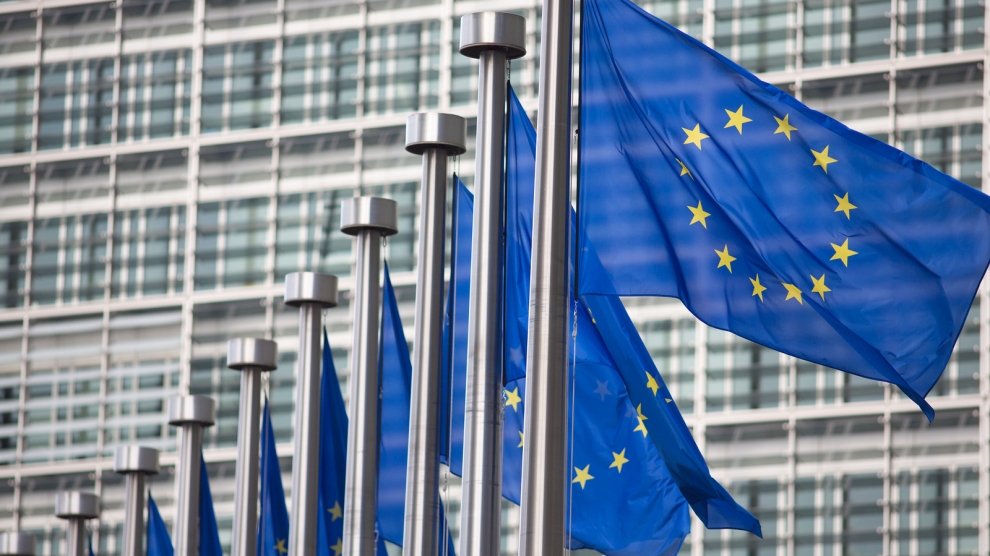The extension of EU safeguard measures on steel imports caused uproar among many industry participants, especially buyers, but the move may be of strategic importance to the bloc’s climate plans, Kallanish notes.
Consultant Andreas Schneider called the extension “scandalous” in a commentary piece written shortly after the announcement in June. The European Commission (EC) totally disregarded the interests and the troubles of steel-using industries, a sector ten times larger than all steelmakers taken together, Schneider noted. As a consequence, “this is a rare case that a decree from Brussels has encouraged the party concerned [mills] to bring up prices immediately,” he stated.
With extended safeguard measures in place, “you cannot make decent [business] planning”, a German service centre buyer tells Kallanish. Domestic mills “prefer to keep the market climate uncertain”, a status that has been sustained by the Commission.
Another manager says he is “outraged” and “speechless”. He asks: “How can you act this way at such a time and assist in blowing up prices?” But he points out that in the conflict of interests between steelmakers and buyers, the latter group had to do without the bargaining force of the strongest players in the game. Carmakers have lately preferred to remain low- key in public political debates. “Since the diesel scandal, carmakers seem to have lost reputation and lost influence. And they prefer to keep quiet,” the manager believes.
But there is yet another and more substantial explanation as to why the Commission acted like it did. The steel sector plays a key part in one of the mega challenges of the 21st century, the transition of all industrial activity towards zero carbon emissions. Major European mills have made this their declared target, and have assumed a global vanguard role in this game.
A Dutch industry observer says: “The last thing the EC would want in this endeavour are falling steel prices. That would make it very difficult for European mills to finance the transition to a more environmentally friendly way of making steel.”
Christian Koehl Germany






